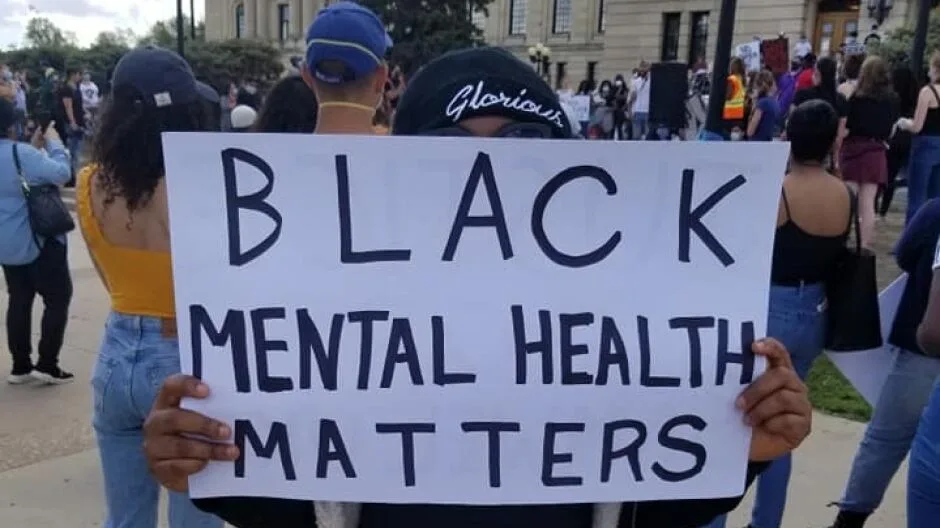Systemic Racism Hinders Access to Mental Health Services for Black Youth in Toronto: Study

In a groundbreaking study published in the Journal of Recovery in Mental Health, it was found that Black youth in Toronto are facing significant challenges in accessing mental health services. Conducted by the Black Health Alliance (BHA), the University of Toronto, and Pathways to Care, this research underscores the pervasive influence of systemic racism and a lack of accountability among healthcare providers.
Persistent Barriers to Mental Health Care
The study drew attention to the fact that despite increased awareness, anti-Black racism continues to obstruct mental healthcare. Black youth are struggling to receive timely, relevant care due to a lack of connections with Black-led care groups. The organizations, while cognizant of the issue, are failing to effectively address it, further exacerbating the situation.
Revelations from the Study
The research employed social network analysis to delve into the relations between organizations and their impact on care for Black youth. Participants reported instances of feeling undermined or needing to educate their providers about their experiences as Black individuals. It was also revealed that Black youth wait more than twice as long as white youth to access care. This delay is particularly worrisome for those with a history of violence or behavioral issues.
COVID-19 and Racial Healthcare Disparities
The ongoing global pandemic has intensified existing health inequities, particularly affecting Black communities. The study’s findings help illuminate the broader implications of systemic racism within the healthcare sector. This research is a stark reminder that there is much work to be done to ensure equal access to mental health services for all, irrespective of race or ethnicity.

